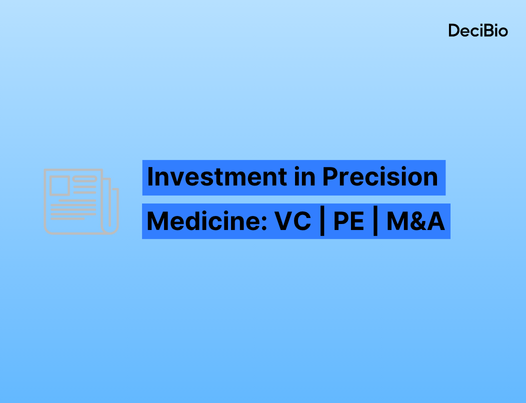Los Angeles, CA June 2nd 2014 – Today, Roche announced its intention to purchase Genia Technologies for $125M and up to $225M in additional milestone payments.Genia is a single molecule tag-based nanopore NGS company based in Mountain View, CA. The technology is similar to that used by Oxford Nanopore except that instead of extending the growing DNA product through the nanopore, Genia allows a cleavable label to enter the pore. The company refers to this method as the NanoTag sequencing approach, which was developed in collaboration with researchers at Columbia and Harvard University. These labels induce a change in current through the nanopore, which is read by the instrument. This technology presents several distinctions from the approach used by Oxford Nanopore. Since labels are moving into the pore instead of nucleotides, there is potential for a near endless variety of modifications, which may have different detection properties. In contrast, Oxford Nanopore has moved to modeling the sequence based on several bases moving through the pore at the same time, allowing sophisticated modeling approaches to adaptively “learn” by repeatedly sampling the bases in several windows. While Genia’s technology only gets one try to determine the sequence, approaches similar to Pacific Biosciences “Smart Bell” technology could improve variant detection rates.At this year’s AGBT conference, Genia presented a poster with results demonstrating that the technology can offer short ~12-bp runs through ~250 pores. The technology is expected to scale significantly over the next few months, as the company intends to release a first platform late this year. Their goal (as far as we understand) is to reach 1M sensors by the time of commercial launch. This will be necessary, as Genia claims to be looking to the $100 genome, which will require logarithmic increases in throughput. (Our money remain on the Illumina’s X Ten for a while).Assuming that Genia overcomes these technological hurdles, the great benefit of current single molecule sequencing approaches remains long read lengths. As a result, many experts argue that the key applications for this platform might be genome finishing. Other applications may include sequencing through highly similar regions such as HLA loci and detection of genomic rearrangements in disease. Single molecule approaches can span large ranges of structural variation sizes, from a few dozen to several hundred base pairs for insertions and deletions.Genia’s technical leadership has extensive background in signal processing, signal amplification, and microprocessor engineering. This expertise will be critical, given the company’s core technology. However, the scientific team seems to have limited expertise in nanopores or lipid membranes (as far as we can see). Roche may seek to supplement this with additional expertise.In any case, this deal demonstrate Roche’s continued commitment to remain a key player in the NGS space following its failed Illumina bid, and as it plans to phase out its 454 Life Sciences systems by mid-2016. In 2013, Roche discontinued partnerships with DNA Electronics and IBM to develop a new sequencing system. Therefore, Roche might be looking at its collaboration with Pac Bio to develop a clinical NGS system in the short term, and its Genia acquisition to fuel growth in the longer term. The reception of the news has been mixed among experts we talked to in the community. James Hadfield, the Head of Genomics at the Cancer Research UK told us "Is Genia Roche's next 454? They cost the same , but at least 454 had a published product."This bet may require a great deal of improvement to become disruptive to the current paradigm. One wonders if this approach could be combined with that currently employed by Oxford Nanopore to create a dual membrane approach consisting of one polymerase and two nanopores where polymerized DNA is directed down one channel and modified side groups down another. While this is pure speculation, one should not be surprised if Roche takes interest in Oxford Nanopore in the near future.

Authors: Kyle Covington (NGS consultant) & Stephane Budel, Partner at DeciBio, LLCConnect with Stephane Budel on Google+https://plus.google.com/+StephaneBudel



.png)



